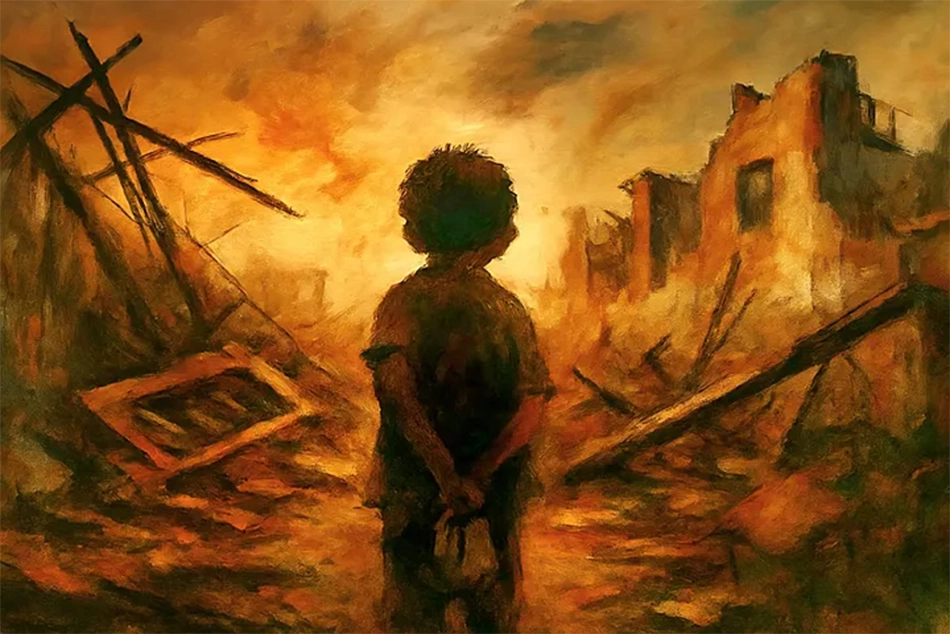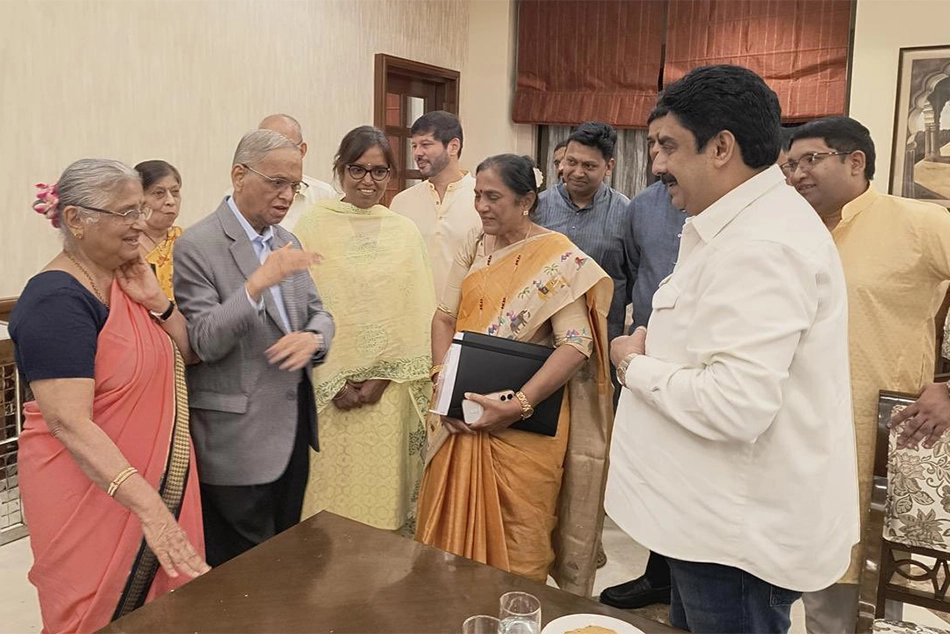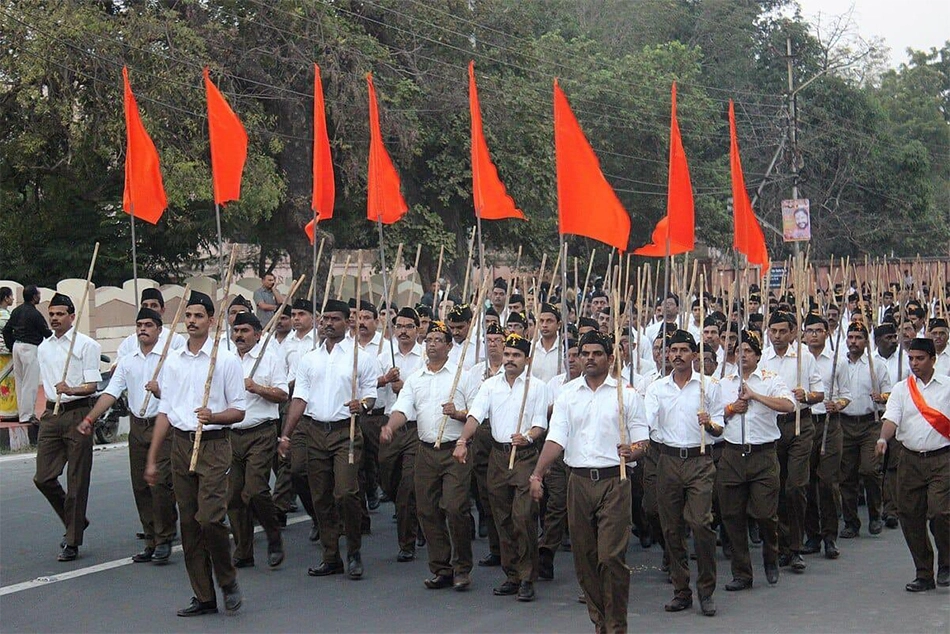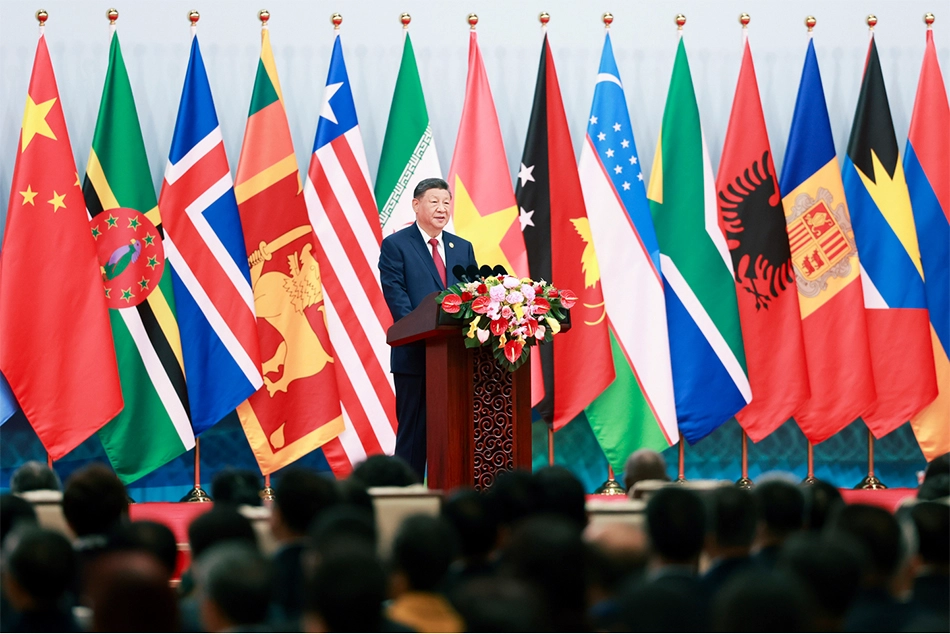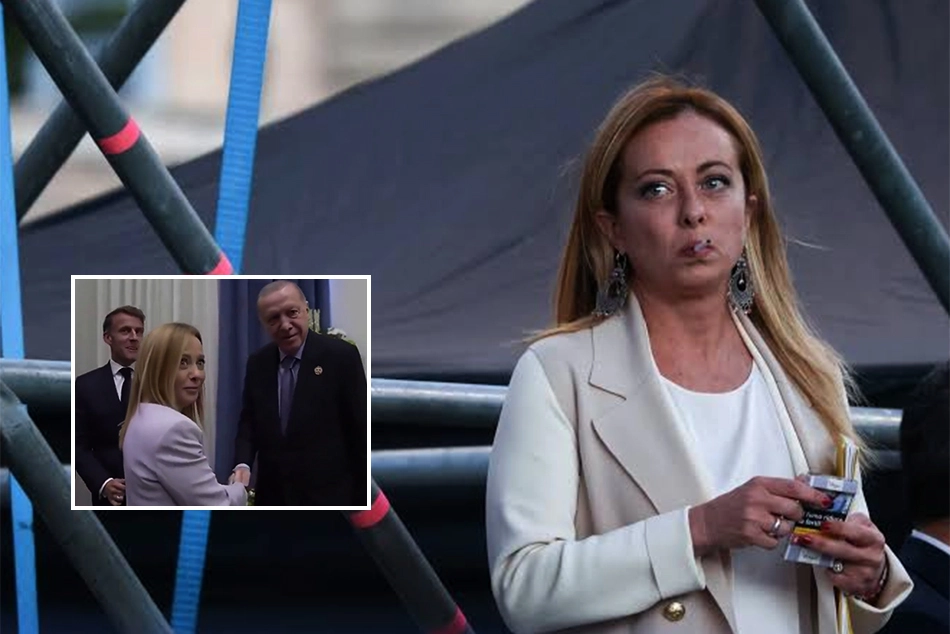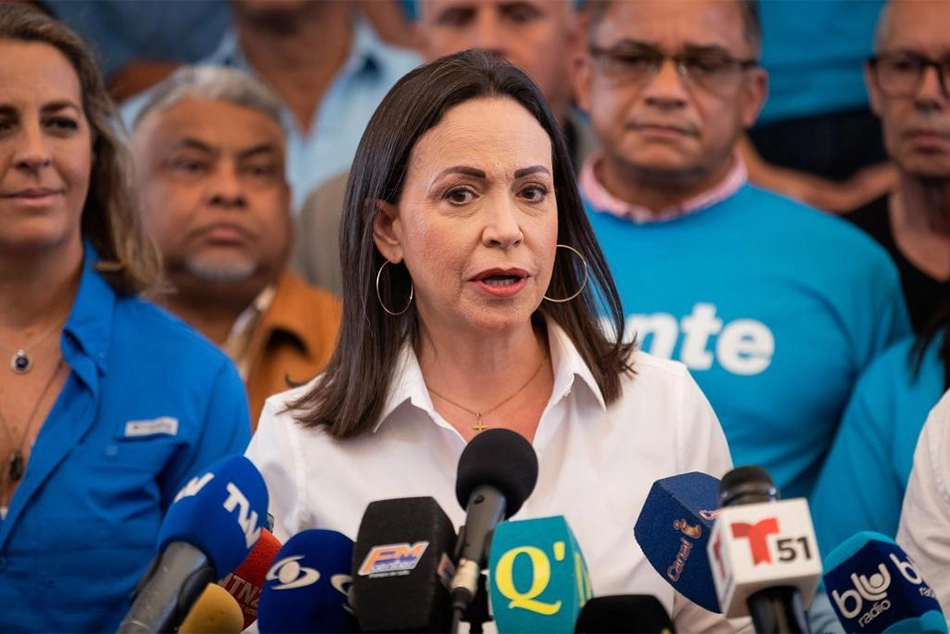
Diwali Must Illuminate Our Conscience, Not Just Our Homes
If Diwali is to mean anything spiritually, it must illuminate our conscience, not just our homes
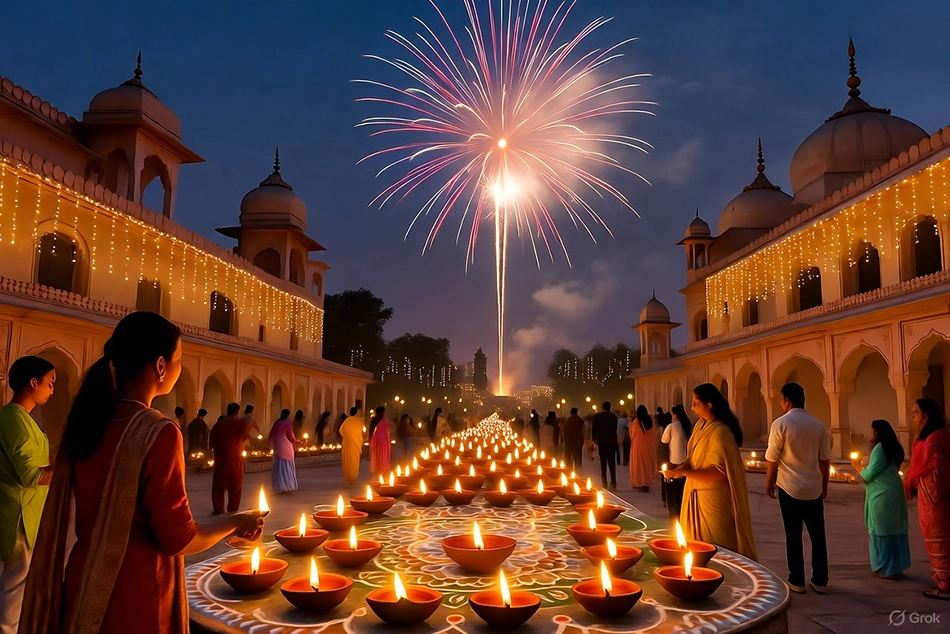
Diwali arrives each year with deafening fireworks, glimmering malls, and social media floods of opulent lights. For the privileged, it is a festival of abundance and affirmation. For millions of others, it is a reminder of exclusion, loss, and the widening divide that defines modern India.
Behind every box of sweets and LED-lit skyline lies an untold story — of labourers who make the crackers but die making them, of indebted small traders struggling to stay afloat, of street vendors crushed by corporate retail, and of animals and the environment suffocated by human extravagance.
In our relentless pursuit of spectacle, Diwali has become a mirror of our moral decay.
For those, who craft India’s fireworks, Diwali is not a festival of joy. They are, sadly, the fireworks of death. It is the most dangerous time of the year. The firecracker industry in places like Sivakasi, Tamil Nadu, which supplies over 80% of the country’s fireworks, runs on the labour of poorly paid workers, including children. The chemicals they handle are toxic; explosions are routine.
A small spark can kill dozens in seconds. The news briefly flashes images of charred bodies, factory ruins, and weeping families — and then, silence. No festival is ever paused for mourning. The victims’ families receive meagre compensation, and production resumes within days, because the nation must celebrate.
The irony is bitter: the light that dazzles the rich is drawn from the fires that consume the poor. According to India’s National Disaster Management Authority, more than 200 workers have died in firecracker-related factory accidents over the past five years. NGOs estimate that 30,000 children remain in hazardous conditions in fireworks and matchstick units, despite labour laws that prohibit their employment.
Each year, cities across India descend into an unbreathable haze after Diwali night. Air Quality Index readings skyrocket, infants and the elderly gasp for air, and hospitals overflow with respiratory emergencies. The Supreme Court’s repeated pleas for restraint vanish into the smoke of indifference. With callous neglect, we are witness to the air Poisoned, and lives diminished.
Delhi, already choking from industrial and vehicular pollution, becomes a gas chamber. Children who have no part in the consumerist excesses bear the heaviest burden. In 2023, the AQI in the National Capital Region soared beyond 800 in several zones, almost 14 times higher than safe limits. Doctors recorded a sharp spike in bronchial and cardiac emergencies within 24 hours of Diwali night. Firecracker residue and suspended particulates linger in the air for weeks, compounding chronic health conditions in the poor — those who cannot afford air purifiers or sealed homes.
And yet, those who question the fireworks are accused of being “anti-Hindu” or “against tradition.” As if tradition justifies poisoning the air, or faith demands destroying the earth. If religion cannot evolve to protect life, it has lost its spiritual core.
Diwali is the peak season for the Indian retail economy, from gold to automobiles, electronics to designer wear. Corporations announce record profits, e-commerce giants roll out massive sales, and malls overflow with shoppers. There is profit for some, poverty for many. But for small traders, the story is different. Street vendors, hawkers, and local shopkeepers must squeeze into tight competitive spaces dominated by big brands and online platforms. While the rich consume more, the small retailer earns less.
Local artisans who once made lamps, decorations, and sweets are pushed out by machine-made imports and bulk-manufactured goods from industrial giants. The market that once sustained community livelihoods is now monopolized by conglomerates that see culture only as commerce.
For every glitzy Diwali advertisement promising happiness, there is a silent shop shuttered by debt.
The Confederation of All India Traders (CAIT) reported that while corporate and e-commerce sales exceeded ₹3 lakh crore last Diwali, small and medium retailers saw barely a 3–5% growth, their margins squeezed by predatory discounts and rising input costs. For artisans in clusters like Moradabad or Firozabad, profits have fallen steadily even as costs soar. Diwali, once a time of economic renewal for local producers, now deepens their despair.
During Diwali, the wealthy perform their annual rituals of benevolence — distributing sweets to domestic workers, giving token gifts to the poor, posting pictures of their “giving back” on Instagram. But such gestures cannot disguise the structural cruelty of a society that worships wealth while ignoring justice. That is the exact goal of the hypocrisy of Charity. The same urban elites who light a thousand diyas for Lakshmi, goddess of prosperity, often underpay their household help and resist minimum wage laws. They celebrate abundance while perpetuating systems that keep others hungry.
If Diwali is to mean anything spiritually, it must illuminate our conscience, not just our homes.
Animals, too, suffer during this festival of noise. Stray dogs and cats flee in terror from explosions; birds die mid-flight from shock; even livestock panic at the relentless blasts. For them, Diwali is a nightmare. It is telling that the cries of animals, the choking of the poor, and the fatigue of workers are all invisible to a society intoxicated by its own consumption. For animals, it is the fact of forgotten suffering
Indeed, if light symbolizes knowledge, we have turned it into arrogance. The original spirit of Diwali was not about opulence or competition. It celebrated renewal, justice, and the victory of light over ignorance. But today, it has been weaponized by consumerism and hollow nationalism. Time for a conscientized society to reclaim Diwali’s True Meaning
Real Diwali should ask harder self-revealing questions:
- Can we celebrate light while millions live in darkness, without electricity or food?
- Can we honour the goddess of wealth when our economy rewards greed over fairness?
- Can we speak of victory over evil while hate and division flourish in our streets?
After all, it is indisputable that the truest lamp is lit in compassion, not vanity.
Imagine a Diwali where we replaced fireworks with feeding the hungry, replaced gold shopping with debt relief for farmers, replaced lavish feasts with environmental renewal. Imagine if corporate bonuses went to building schools and hospitals in rural India, not to importing luxury cars. That would be a unalike kind of celebration
A sustainable Diwali would mean local production, community markets, fair trade, and ecological responsibility. It would mean celebrating life instead of consumption — returning to simplicity, where every diya stands for hope, not hedonism.
Diwali, like India itself, now lives in contradiction. For some, it is a season of joy and prosperity. For others, it is the time of debt, suffocation, and mourning. Joy and death co-exist without consent. If only people across all communities, could share the celebration. We could find the essence of Diwali in each religious tradition – Christianity, Buddhism, Islam, Zoroastrianism, Sikhism. In its final destination, Diwali leads humankind to light a candle which could speak to the darkness in millions upon millions of lives. It would say: I beg to differ with opulence and unite myself with bringing peace and joy to all.
In its purest form, Diwali is not about buying or boasting. It is about cleansing of darkness within and around us. Until we confront the injustice that allows a few to glow while millions fade in the shadows, our celebrations will remain hollow. The light that blinds cannot enlighten. The question is not whether we celebrate Diwali — but what kind of light we choose to kindle.
[The writer, Ranjan Solomon, is a political commentator, deeply committed to understanding religion as the one single factor that has the potential to unite all people into a common humanity.]
Follow ummid.com WhatsApp Channel for all the latest updates.
Select Language to Translate in Urdu, Hindi, Marathi or Arabic
